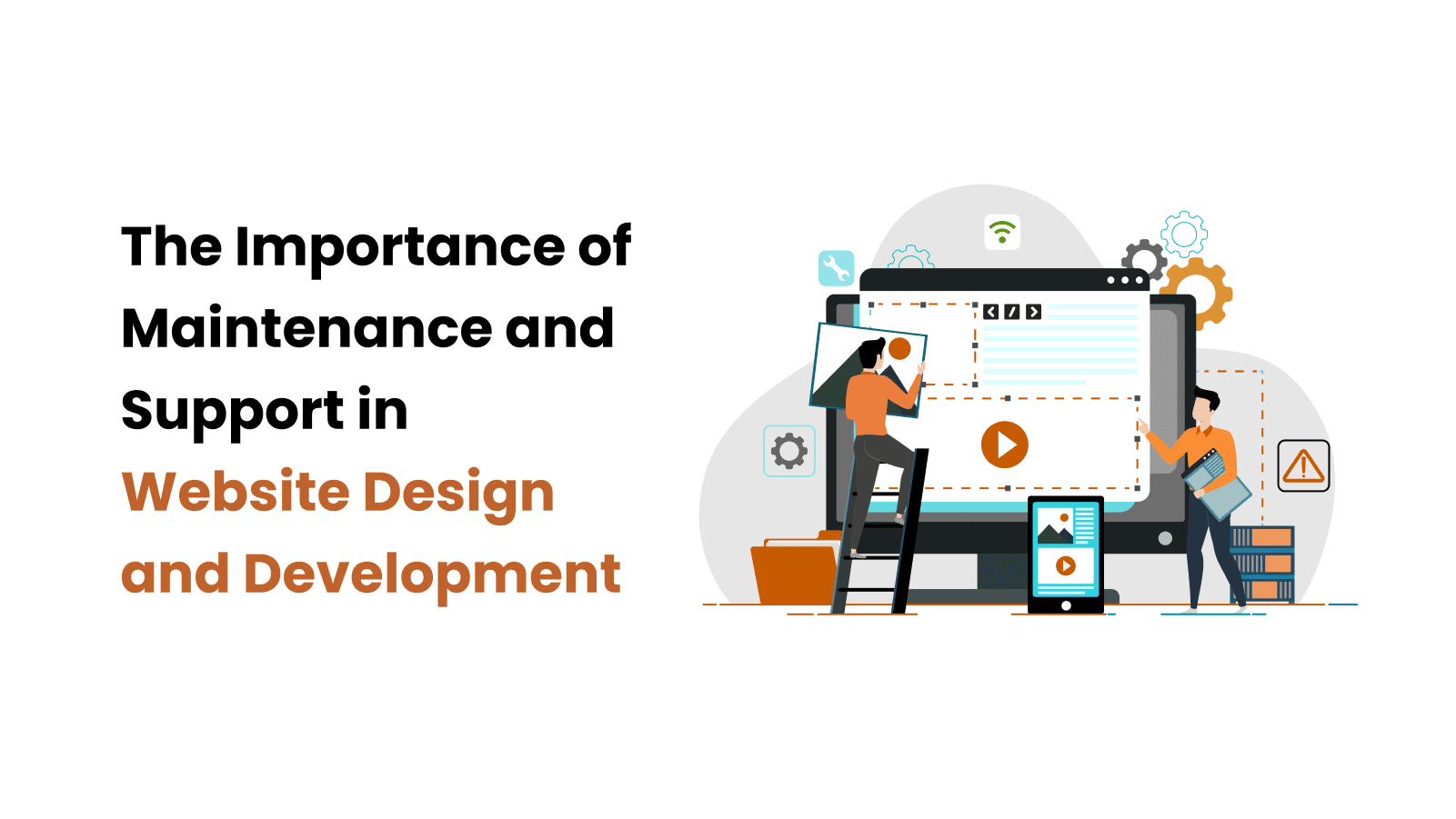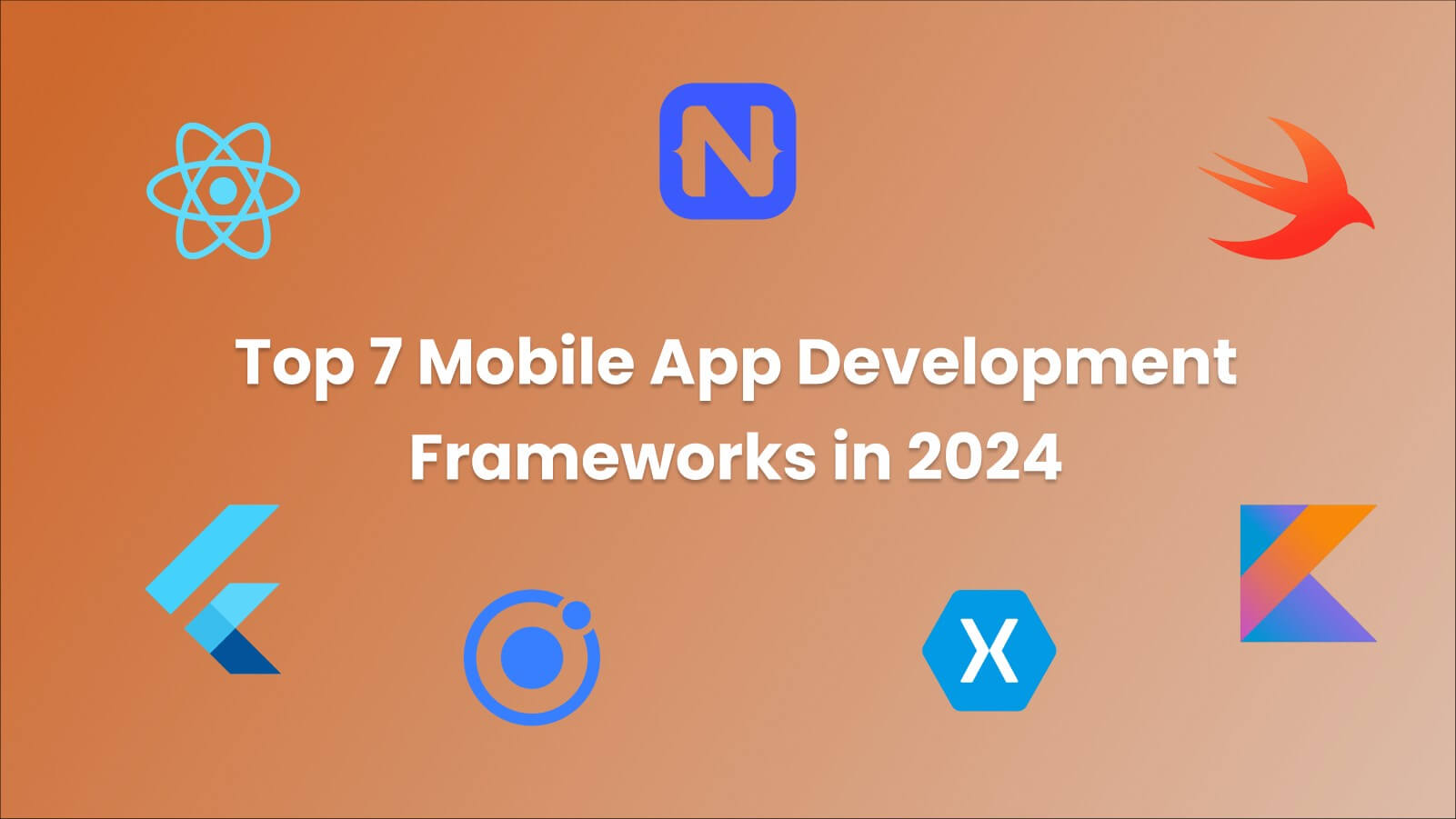
Introduction When it comes to web development, there is no one-size-fits-all approach. Each project is unique, with its own set of requirements, challenges, and goals. Understanding your project's specific needs and objectives is crucial in determining the most suitable web development tools. Whether you're developing a simple static website, an e-commerce platform, or a complex web application, choosing the right tools can streamline your workflow, enhance collaboration, and ensure a successful outcome. Before diving into the selection process, it is crucial to assess your project requirements. Consider the following factors: Clearly define the goals and objectives of your project. Are you building a simple website, an e-commerce platform, or a complex web application? Understanding the purpose of your project will help you determine the specific tools needed. Evaluate the complexity and scope of your project. Will it require extensive front-end development, back-end functionality, or both? Identifying the technical requirements will narrow down your tool options. Take into account the project timeline and budget constraints. Some tools may require a significant investment, both in terms of time and cost. Ensure that the selected tools align with your project's timeline and budget. Text editors are essential for writing and editing code. They provide features like syntax highlighting, auto-completion, and code formatting. Popular text editors include Visual Studio Code, Sublime Text, and Atom. IDEs offer a comprehensive set of tools for web development, including text editors, debugging tools, and project management features. Examples of popular IDEs are Visual Studio, IntelliJ IDEA, and Eclipse. Version control systems enable collaborative development and allow you to track changes made to your codebase. Git and SVN are widely used version control systems. Front-end frameworks, such as React, Angular, and Vue.js, provide pre-built components and libraries to simplify front-end development and enhance user experience. Back-end frameworks like Django, Ruby on Rails, and Laravel offer a structured approach to building server-side logic, handling databases, and creating APIs. Task runners automate repetitive tasks like code compilation, optimization, and testing. Grunt and Gulp are popular task runner choices. Testing and debugging tools help identify and fix errors in your code. Tools like Jest, Selenium, and Chrome DevTools are commonly used for testing and debugging web applications. Performance optimization tools improve website speed and efficiency. They optimize code, compress images, and enable caching. Examples include Lighthouse, PageSpeed Insights, and WebPageTest. CMS platforms like WordPress, Drupal, and Joomla simplify content management, enabling non-technical users to update website content without coding knowledge. When evaluating web development tools, consider the following factors: Choose tools with active communities and extensive documentation. A supportive community ensures you have access to resources and assistance when facing challenges. Check if the tools are regularly updated and actively maintained. Outdated tools may lack essential features, have security vulnerabilities, or be incompatible with newer technologies. Consider the popularity and user reviews of the tools. Tools with a large user base often indicate reliability and provide a wealth of online resources and tutorials. Ensure the tools are flexible enough to adapt to changing project requirements and scalable to handle future growth. Check if the tools integrate well with other technologies and frameworks you plan to use. Compatibility ensures seamless collaboration and smooth functionality. Assess the learning curve associated with each tool. Choose tools that align with your team's expertise and are easy to learn and use. Consider the cost implications and licensing requirements of the tools. Some tools may have free versions or open-source alternatives, while others may require a subscription or purchase. To make the right choice, follow these guidelines: Refer back to your project requirements and prioritize the features and functionalities you need the most. Focus on tools that fulfill those requirements. Think about the long-term scalability of the tools. Will they be able to accommodate future growth and changes in your project? Choose tools that offer room for expansion. Consult with experienced developers or industry experts who have worked with similar projects. Their insights can help you make informed decisions. Let's explore three case studies that demonstrate successful web development tool choices: For building a responsive e-commerce website, a front-end framework like React or Angular can provide the necessary components and interactivity. Pair it with a back-end framework like Node.js or Django to handle server-side logic and database management. When creating a custom web application, an IDE like Visual Studio or IntelliJ IDEA can offer a range of tools for code editing, debugging, and project management. Combine it with a version control system like Git to facilitate collaborative development. For developing a content-heavy blog, a CMS like WordPress or Drupal simplifies content management and provides a user-friendly interface for updating and organizing blog posts. Choosing the right web development tools is crucial for the success of your project. By assessing your project requirements, evaluating different tools, and considering factors like community support, flexibility, and scalability, you can make informed decisions. Are you ready to make your web development project a success? We're here to help! request a free quote or email us at sales@iihglobal.com. Let's embark on a journey towards creating an exceptional web presence together.
In this blog post, we’ll provide an overview of the different types of web development tools available and the key considerations to keep in mind when selecting the best ones for your project.Understanding the Importance of Web Development Tools
Web development tools simplify and streamline the development process, making it more efficient and effective. These tools provide developers with features and functionalities that enable them to design, code, test, and deploy websites and web applications.
By using the right tools, developers can save time, increase productivity, and deliver high-quality results.Assessing Your Project Requirements
Identify Project Goals and Objectives:
Determine Project Scope and Complexity:
Consider Project Timeline and Budget:
Types of Web Development Tools
Web development tools can be categorized into various types based on their functionalities. Here are some key categories to consider:1) Text Editors
2) Integrated Development Environments (IDEs)
3) Version Control Systems
4) Front-end Frameworks
5) Back-end Frameworks
6) Task Runners
7) Testing and Debugging Tools
8) Performance Optimization Tools
9) Content Management Systems (CMS)
Evaluating Web Development Tools
1. Community support and documentation
2. Active development and updates
3. Popularity and user reviews
4. Flexibility and scalability
5. Compatibility and integration options
6. Learning curve and ease of use
7. Cost and licensing
Making the Right Choice
1) Prioritize your project requirements
2) Consider long-term scalability
3) Seek recommendations and expert opinions
Case Studies: Successful Web Development Tool Choices
Example 1: Building a responsive e-commerce website
Example 2: Creating a custom web application
Example 3: Developing a content-heavy blog
Conclusion:








